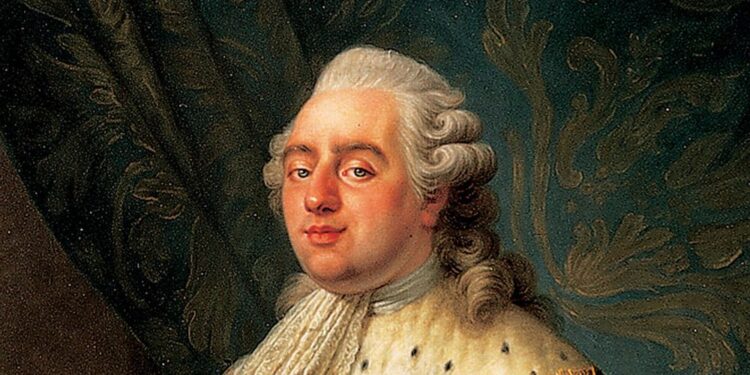Louis XVI, a pivotal figure in French history, was the last reigning monarch of France before the French Revolution plunged the nation into a period of tumultuous change. Imprisoned and ultimately executed, his fate epitomized the seismic shift from monarchy to republic.
Louis XVI ascended the throne in 1774, inheriting a kingdom saddled with financial woes and social inequality. His reign was characterized by attempts to reform the tax system and alleviate the plight of the common people. However, his efforts were hindered by a rigid social structure and resistance from the aristocracy.
The Revolution of 1789 marked a turning point in Louis XVI’s life. Economic hardships and a fervent desire for political change led to the convening of the Estates-General, which morphed into the National Assembly. The monarchy’s authority was gradually eroded, culminating in the storming of the Bastille in July 1789. In 1791, Louis XVI’s attempted escape, a desperate bid to restore his power, further alienated him from the masses.
As radical factions gained ground, Louis XVI’s fate was sealed. The monarchy was abolished in 1792, and he was arrested and put on trial for treason. The king’s defense fell on deaf ears, and he was found guilty. On January 21, 1793, Louis XVI was executed by guillotine, a stark symbol of the Revolution’s irreversible nature.
Louis XVI’s imprisonment and death marked the end of an era and the birth of a new political order. His tragic demise encapsulated the tensions between tradition and change, monarchy and republicanism. His legacy continues to be debated, with some seeing him as a well-intentioned but ineffective ruler, while others view him as a symbol of aristocratic privilege and the need for radical change.
In conclusion, Louis XVI’s journey from the throne to the guillotine mirrors the tumultuous evolution of France during a pivotal period. Imprisoned and ultimately executed, his life story underscores the complexities of power, governance, and societal transformation. His legacy serves as a reminder of the fragility of authority in the face of popular discontent and the profound impact of historical events on individual destinies.



Recent Comments